As an example, he cited several events from the 2020s that are determining everyday life today, such as the Covid pandemic, the withdrawal of international troops from Afghanistan and the Ukraine war. Norbert Csizmadia, President of the Board of Trustees of the Pallas Athene Domus Meriti Foundation and the Neumann Janos University Foundation, mentioned three key words that he believes are necessary to understand the world order: "connectivity, complexity, sustainability". The geographer emphasized that the world had already started to change in the early 2000s, and that the global economy's center of gravity had shifted to the East. based on the individual countries' GDP per capita statistics, there is clear evidence of the rise of Asia between 2000 and 2010, he said. Mr Csizmadia also recalled, that
Hungary was quick to recognize this transforming world order, having announced its strategy of opening up to the East as early as 2011, and in 2015 it became the first European country to join the Chinese Belt and Road Initiative.
In his speech, Marton Ugrosdy, deputy state secretary at the Office of the Prime Minister's political director, warned that Europe is trailing far behind Asia in the field of innovation, and even China, which is consciously building on its R&D foundations, as shown by its GDP figures. He said that while Europe's best scientists went to the United States, Chinese students studied in European universities and then returned home. Our continent's role in the world has been devalued, and Europe does not have the money, economic and political power to play a serious role," he explained.
The expert also underlined that it no longer works, especially against the countries of the "Global South", for the United States to dictate on ideological grounds with whom we should and should not trade and cooperate.
The Hungarian national interest is always at the center of Hungary's foreign policy, he added.
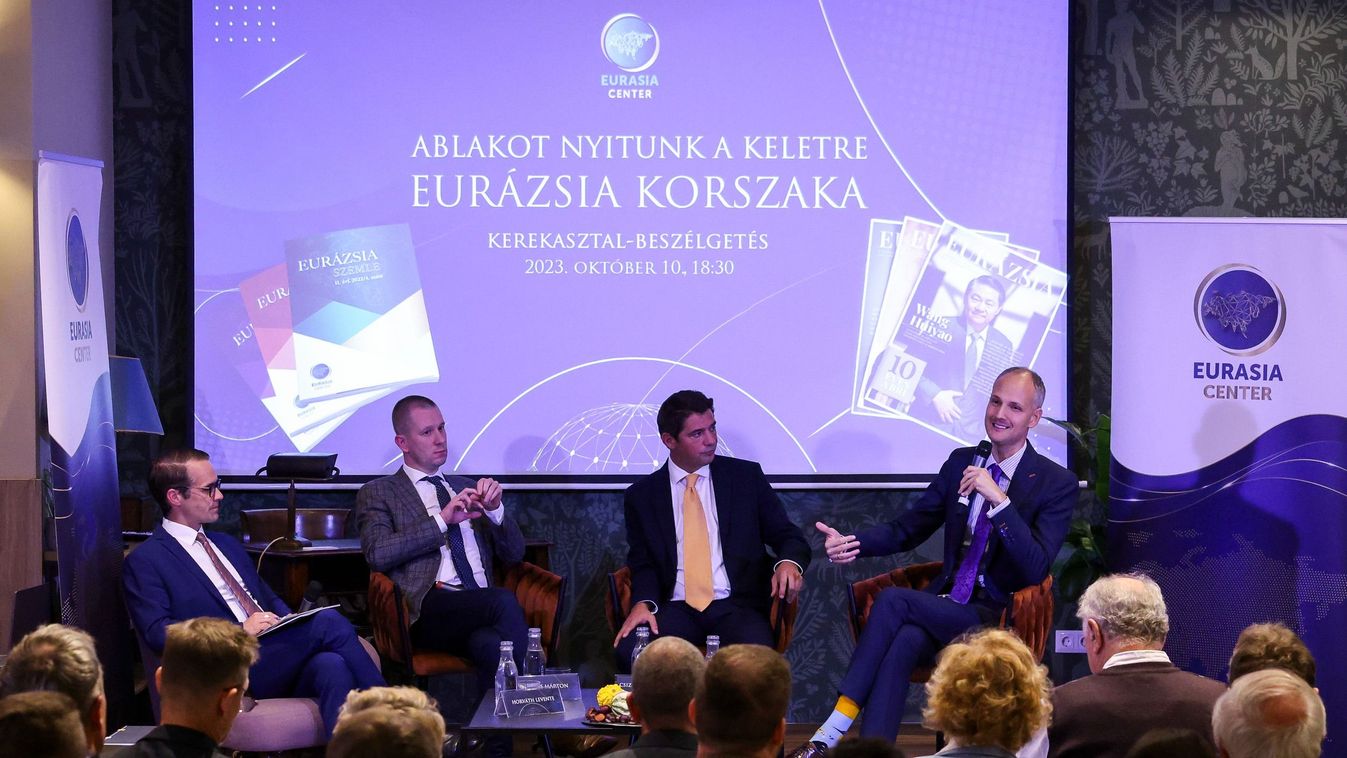
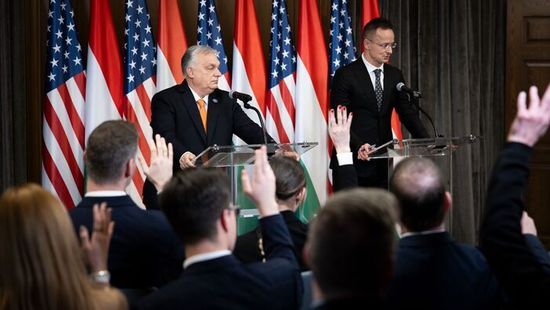
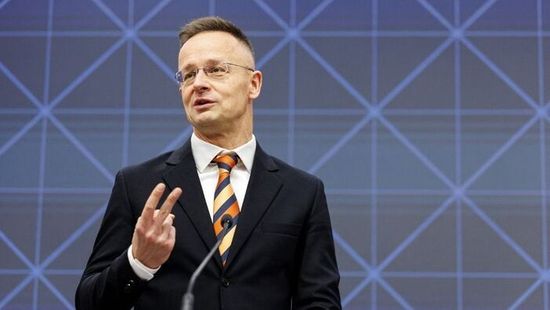
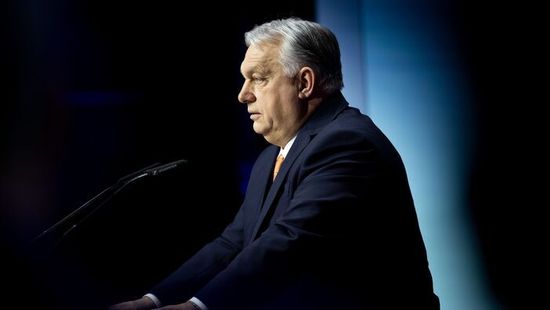
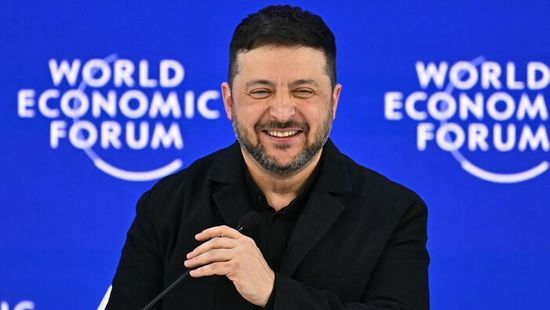

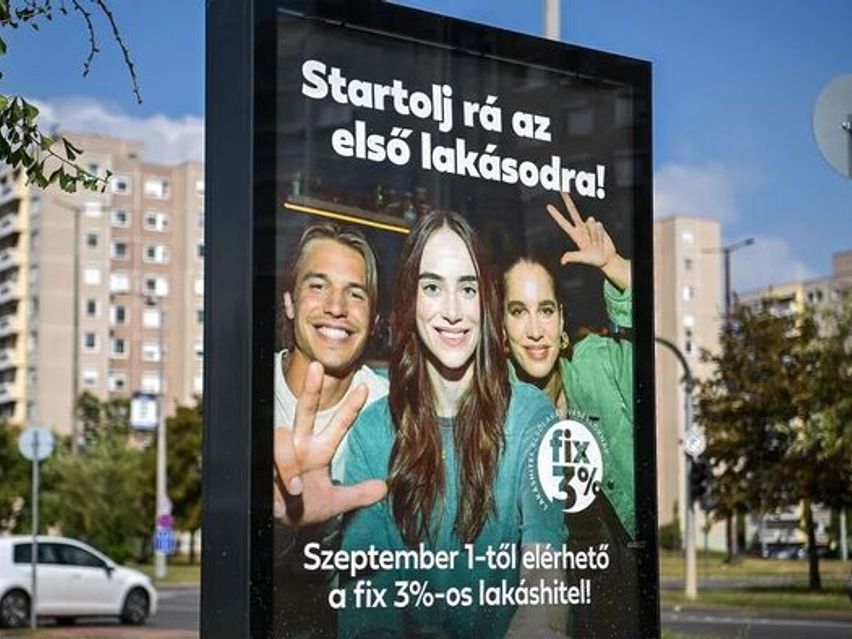
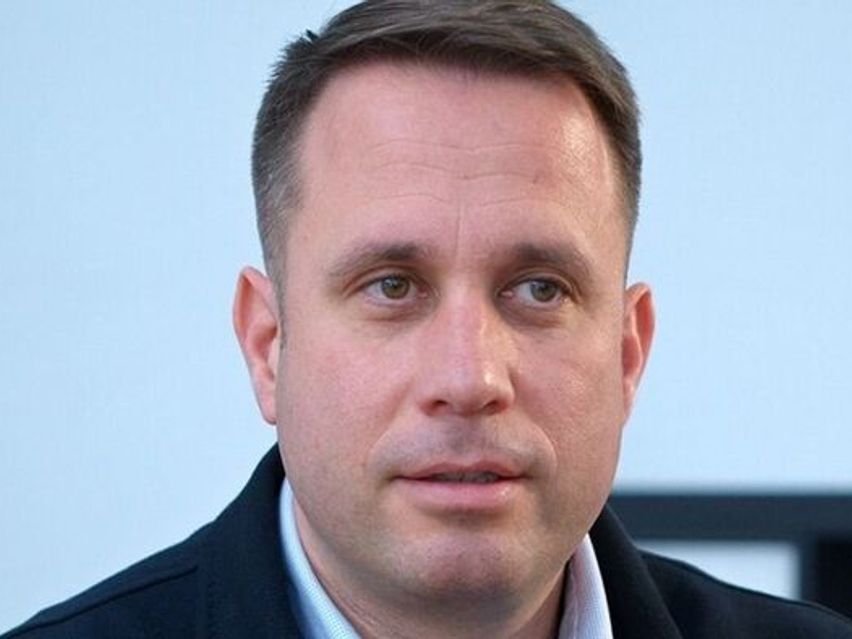
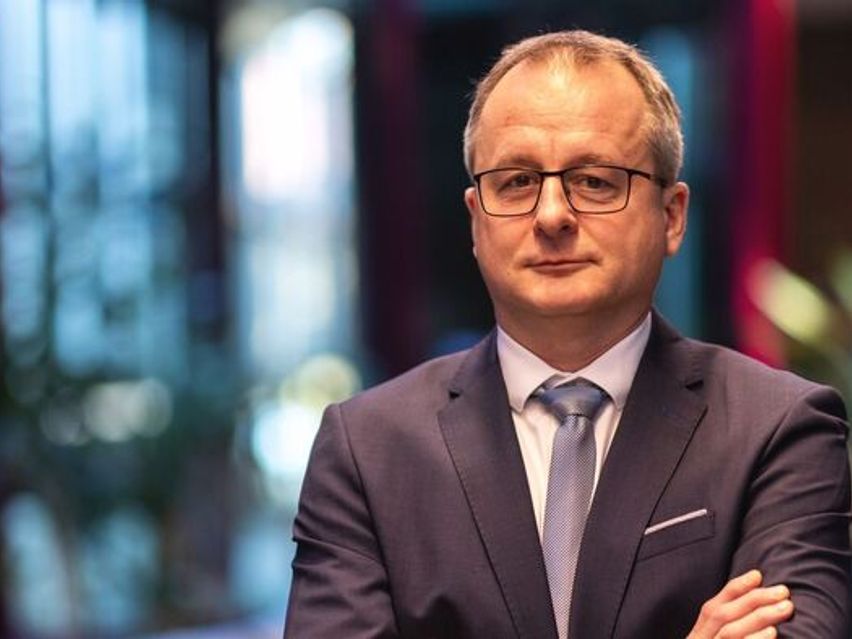
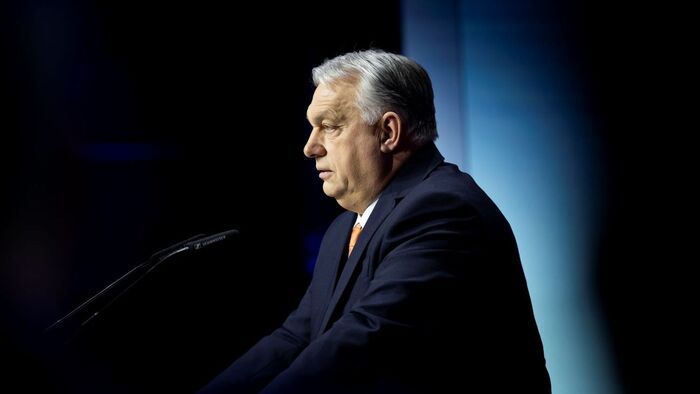

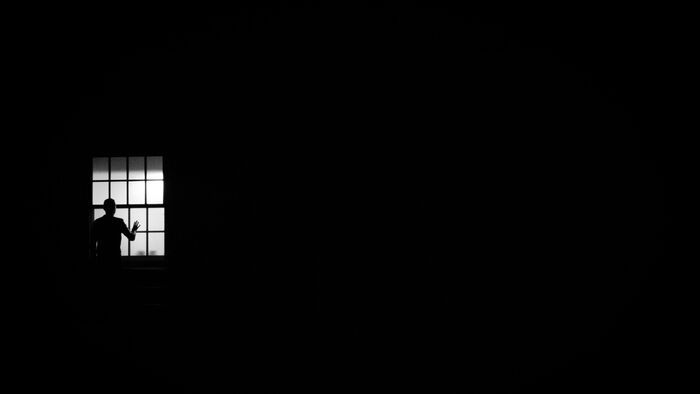

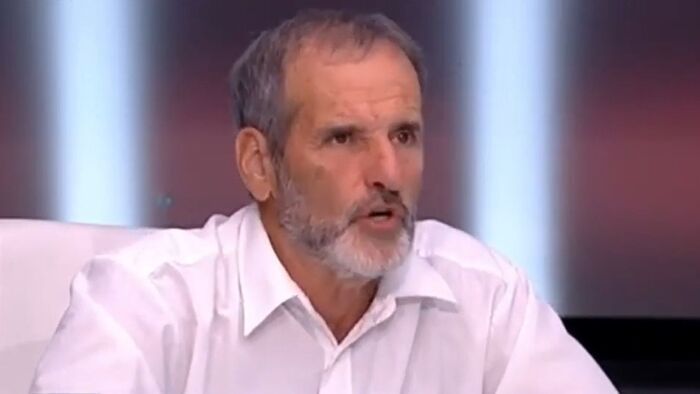
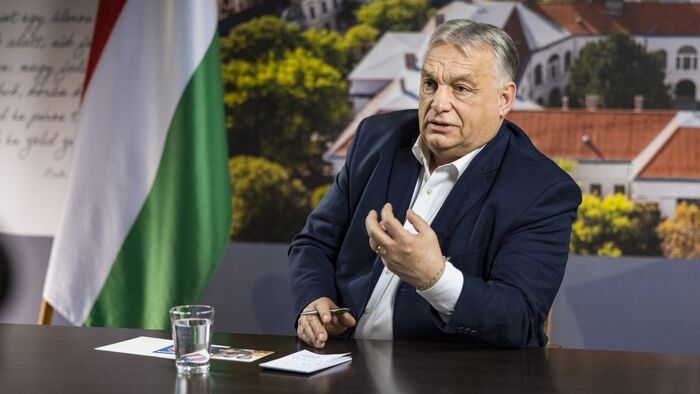
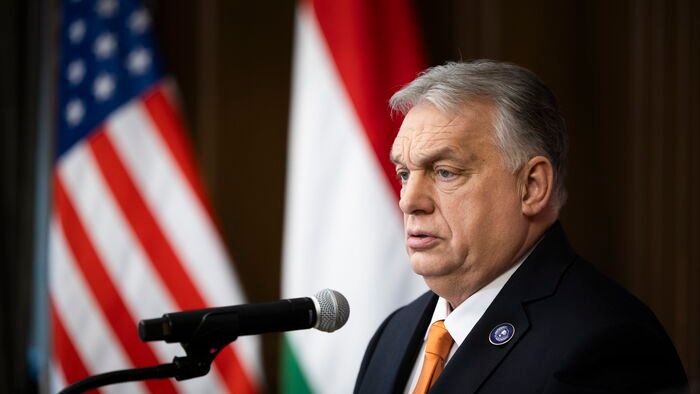
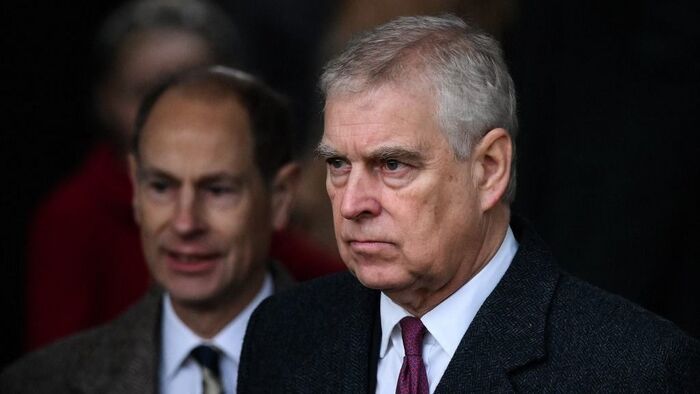
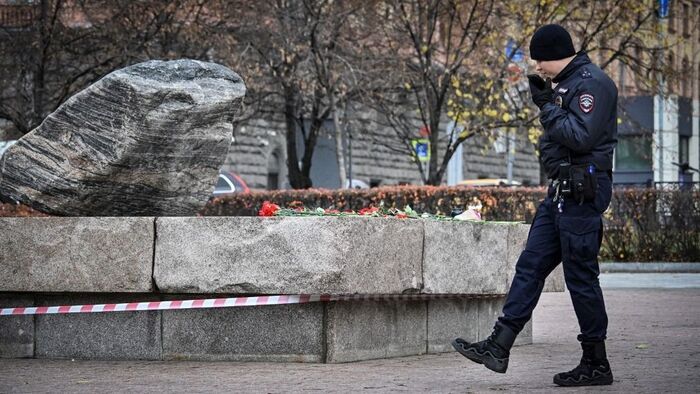





Szóljon hozzá!
Jelenleg csak a hozzászólások egy kis részét látja. Hozzászóláshoz és a további kommentek megtekintéséhez lépjen be, vagy regisztráljon!